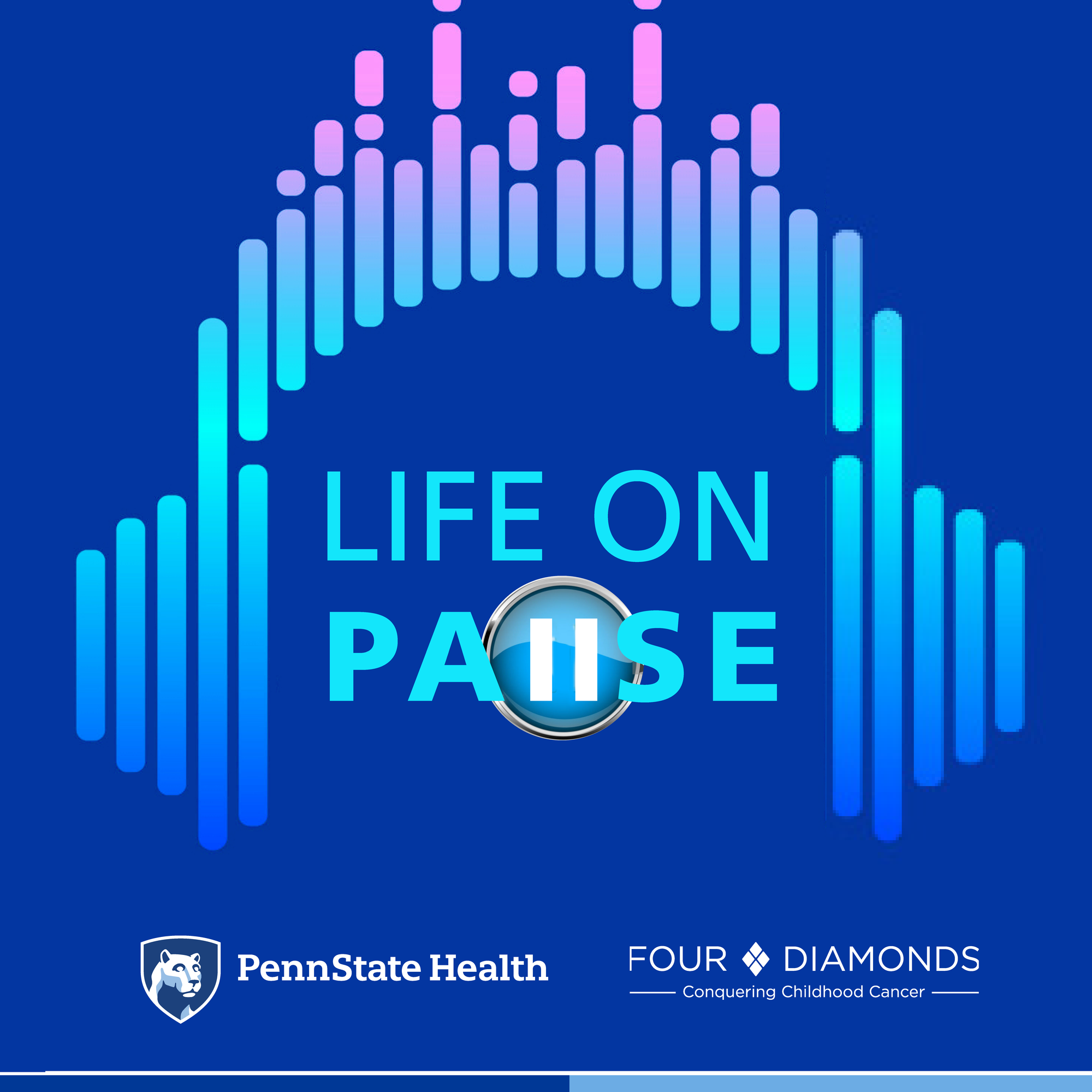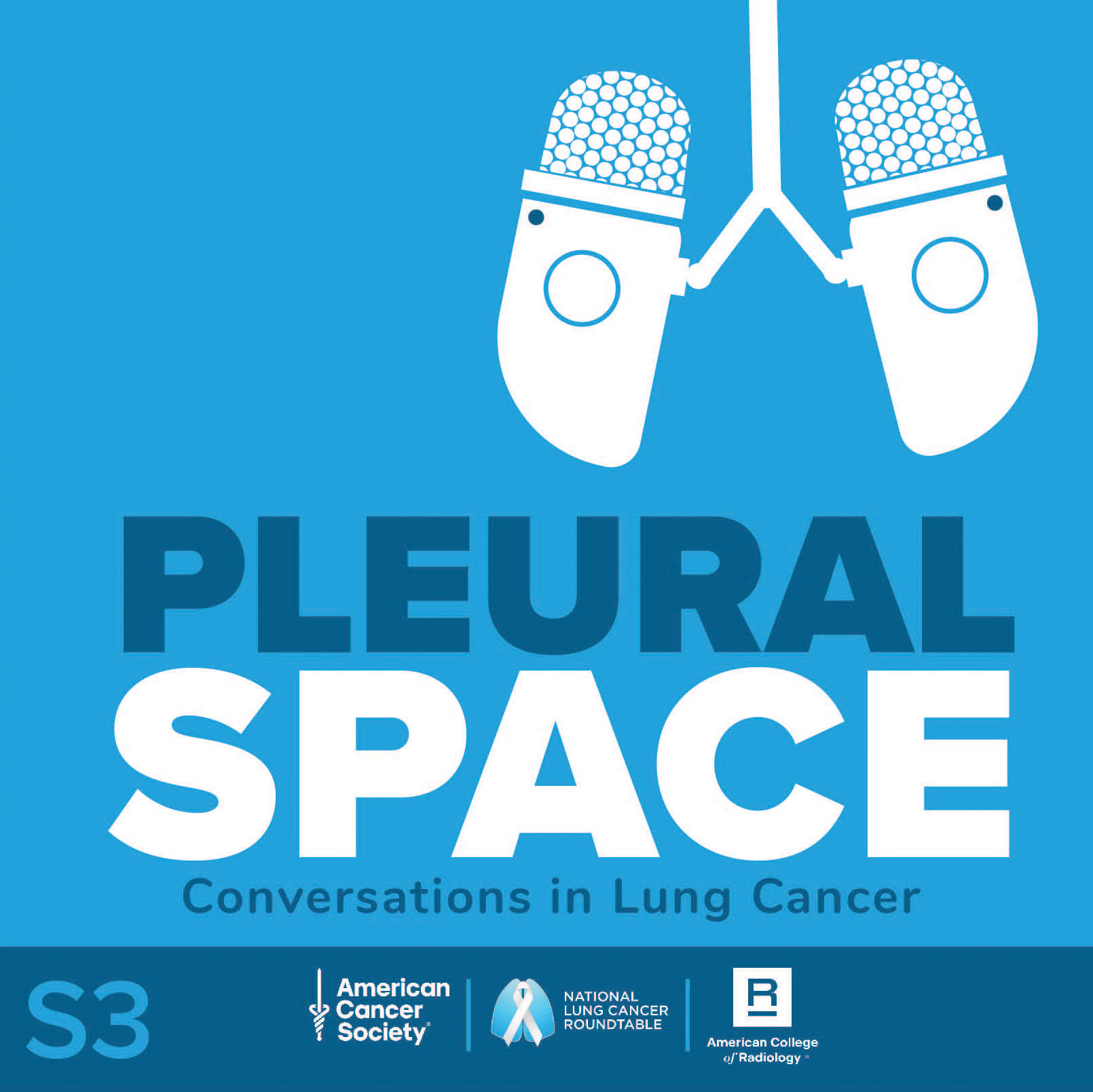 |
The ONS PodcastAuthor: Oncology Nursing Society
Where ONS Voices Talk Cancer Join oncology nurses on the Oncology Nursing Society's award-winning podcast as they sit down to discuss the topics important to nursing practice and treating patients with cancer. ISSN 2998-2308 Language: en Genres: Education, Health & Fitness, Medicine Contact email: Get it Feed URL: Get it iTunes ID: Get it |
Listen Now...
Episode 404: Tailor Patient Treatment Education for Non-Oncology Indications
Episode 404
Friday, 27 February, 2026
"We print education sheets that we have, and we say, 'Just ignore this part that says cancer. You're getting this med but for a different indication.' And then you have to really point out what our goals of care are. You're using the information that, as oncology nurses, we like and love, but we're having to cross it out and say, 'Just read this portion and just do this here.' And that can be challenging for the nurse and probably confusing for the patient," ONS member Brandy Thornberry, RN, OCN®, outpatient infusion and VAD supervisor at Logan Health in Kalispell, MT, told Lenise Taylor, MN, RN, AOCNS®, TCTCN™, oncology clinical specialist at ONS, during a conversation about education for patients receiving antineoplastic drugs for non-oncology indications. Taylor also spoke with ONS members Lizzy McMahon, BSN, RN, OCN®, and Jennifer Lynch, BSN, RN, TCTCN™, about general antineoplastic treatment education and tailoring education in the stem cell transplantation setting. Music Credit: "Fireflies and Stardust" by Kevin MacLeod Licensed under Creative Commons by Attribution 3.0 Earn 0.75 contact hours of nursing continuing professional development (NCPD) by listening to the full recording and completing an evaluation at courses.ons.org by February 27, 2027. The planners and faculty for this episode have no relevant financial relationships with ineligible companies to disclose. ONS is accredited as a provider of nursing continuing professional development by the American Nurses Credentialing Center's Commission on Accreditation. Learning outcome: Learners will report an increase in knowledge of best practices for educating patients receiving antineoplastic therapies across oncology, non‑oncology, and stem cell transplant settings. Episode Notes Complete this evaluation for free NCPD. ONS Podcast™ episodes: Episode 259: Patient Education for Health Literacy and Limited English Proficiency Episode 197: Patient Learning Needs and Educational Assessments Episode 183: How Oncology Nurses Find and Use Credible Patient Education Resources Episode 179: Learn How to Educate Patients During Immunotherapy Episode 173: Oncology Nurses' Role in Stem Cell Transplants for Pediatric Sickle Cell Disease ONS Voice articles: Online Tool Helps You Apply Health Literacy Principles to Written Patient Education Personalized Patient Education: Ensure Effective, Inclusive, and Equitable Patient Education With These Five Strategies Policies and Procedures for Written Patient-Facing Cancer Education Materials Oncology Nursing Forum article: An Integrative Review of Patient Education During Inpatient Hematopoietic Stem Cell Transplantation ONS Hematology, Cellular Therapy, and Stem Cell Transplantation Learning Library Patient Education Sheets: Cancer Care, Explained To discuss the information in this episode with other oncology nurses, visit the ONS Communities. To find resources for creating an ONS Podcast club in your chapter or nursing community, visit the ONS Podcast Library. To provide feedback or otherwise reach ONS about the podcast, email pubONSVoice@ons.org. Highlights From This Episode McMahon: "A great question would be to ask the patient what they already know and what they're most concerned about or what their biggest questions are. This way, the nurse can tailor their education to make sure to focus on what the patient doesn't know yet and what they're most concerned about, while still touching on all the required education topics. … It's also important for nurses to continually be assessing the patient's readiness to learn throughout the education session, looking for nonverbal cues or verbal signs that the patient is overwhelmed or anxious because this is going to interfere with their ability to take in new information." TS 3:49 Thornberry: "A lot of the education sheets and the products for them explain it like, 'This is cancer,' and more of an oncology perspective, so occasionally [non-oncology patients] can show up and be confused by it. I do feel like they come a little bit less prepared than our oncology patients. Our rheumatologists and neurologists, they sure try, but they just don't have the support in that realm either. They're full of every question you can imagine. They've never been to an infusion room. They don't know what to bring. Can they drink water and have their meds beforehand? It's a full gamut of really preparing them to get these for autoimmune or rheumatology-type issues." TS 14:12 Lynch: "I really want to spend time with those patients to make sure that we are not assuming that they are coming to us with any knowledge or experience. I want them to be able to come to us with questions and trust their healthcare team and really sit down with them and say, 'Okay, you don't have cancer, but we're using the word chemotherapy where we're talking about cancer drugs.'… And we're going to probably spend more time going over some of the basics about blood stem cells, types of cells that they grow into, how your body fights infection, what they're going to be at risk for. The side effects can be pretty scary when you're talking about them, especially back to back. So making sure that we are delivering the information that doesn't put them in a panic mode… A lot of reassurance, as well, and just taking into consideration that, yes, this might have this whole other layer of anxiety to it because of the unknown." TS 32:22











